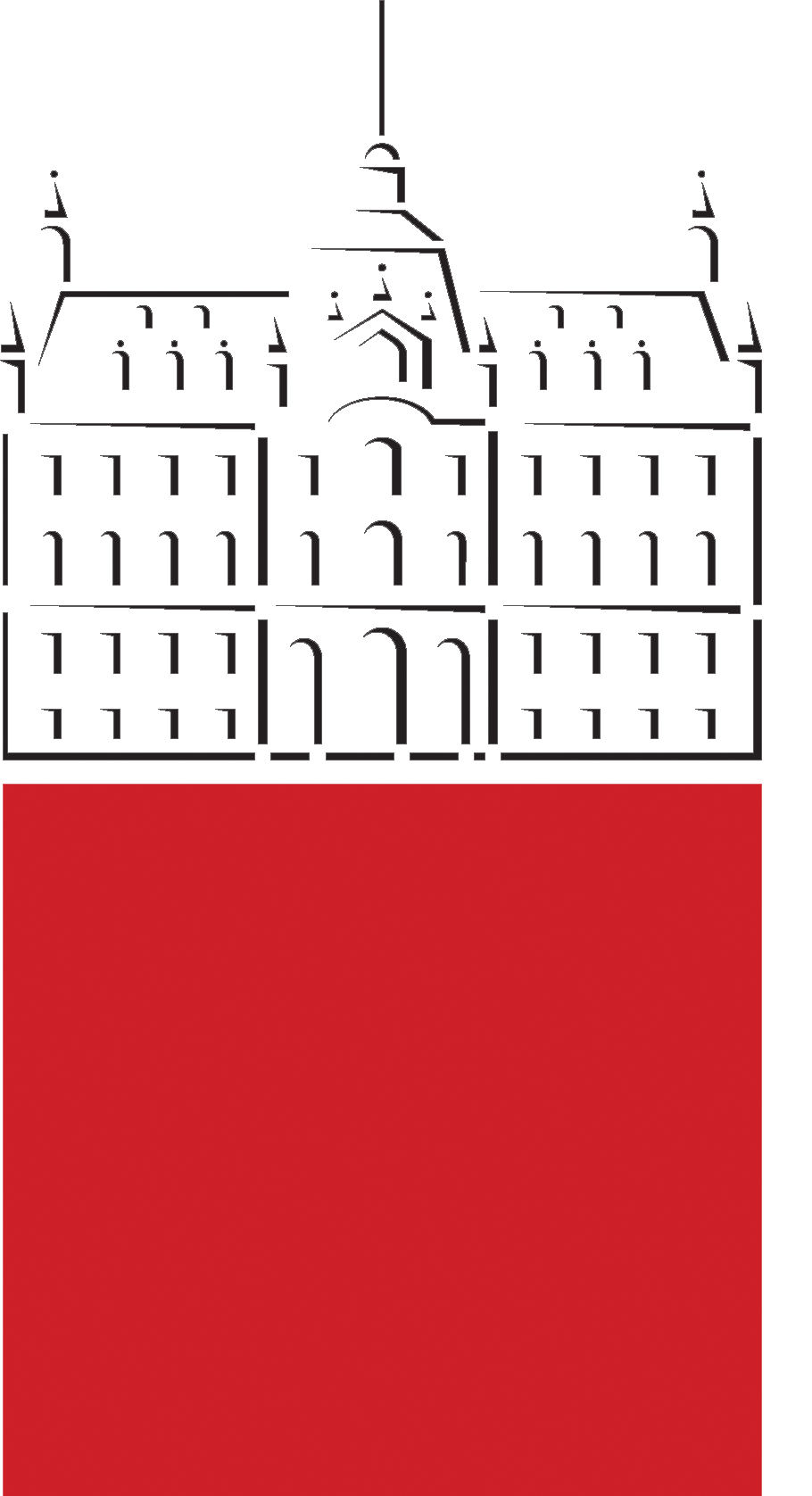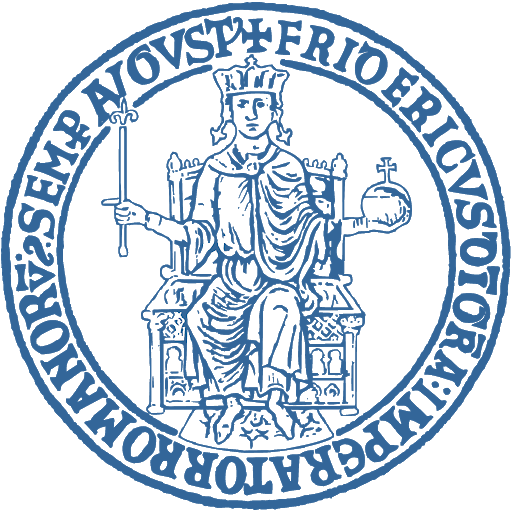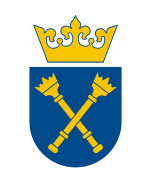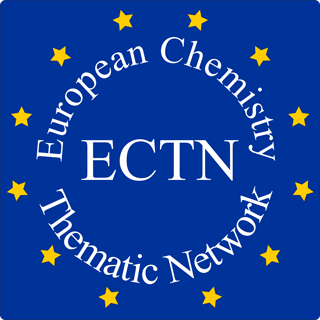STEM Continuous Professional Development at European Universities – STEM-CPD@EUni
STEM Continuous Professional Development at European Universities – STEM-CPD@EUni
This 3-year project (2020-2023) was funded by the EU under the KA2 – Cooperation for innovation and the exchange of good practices, KA203 – Strategic Partnerships for higher education action of the Erasmus+ programme of the European Union. That initiative was led by the Faculty of Chemistry of the Jagiellonian University in Krakow (Poland) and involves four other important European universities: University of Amsterdam, University of Ljubljana, University of Naples Federico II, University of Oulu and ECTN.

Goals
The main goal of this project was to foster Continuous Professional Development in teaching and learning (CPD) for lecturers in STEM, supporting the development of their teaching and learning competences according to specifics of their discipline. Organizing goal-oriented training for individual lecturers on the international level by themselves would be very demanding for universities and an inefficient approach . Instead, we aimed to introduce a new role in professional development, the CPD-Ambassador role to facilitate sustainable quality growth of teaching and course design in university STEM education, as example university chemistry education. A sustainable cooperation approach was planned for the CPD-Ambassadors, who are university lecturers organizing activities to develop relevant teaching competences at their faculties for their fellow lecturers. They do this based on European interuniversity collaboration and the STEM-CPD framework.
Results
- The Roadmap provides the guidelines for the Continuous Professional Development in teaching and learning of university teaching staff. It has established criteria for selection of topics/context of the CPD activities. See more (https://ectn.eu/work-groups/stem-cpd-o1/)
- A sustainable framework for CPD for STEM lecturers based on the principles of train-the-trainer approach and co-creation was created. These outputs are published tailor-made for practitioners, as Handbook for STEM-CPD Ambassadors. The framework gives the pedagogical backbone based on theoretical models. See more (https://ectn.eu/work-groups/stem-cpd-o2/)
- The template for open publication of CPD User cases was developed on the Starfish platform including automatic creation of their STEM-CPD scenarios as soon as the CPD User case is added on Starfish. Online manual with guidelines for the creation of CPD User cases, was published on Starfish. Thirty-five CPD User cases have been developed during the project and are openly available, along with their corresponding scenarios. See more (https://ectn.eu/work-groups/stem-cpd-o3/)
- The design of the STEM-CPD summer school was developed. See more (https://ectn.eu/work-groups/stem-cpd-o5/)
- Twenty-five short (Massive) Open Online Courses (microMOOCs) for CPD of STEM lecturers have been created and are available on the open MOOC platform, along with a handbook that provides a guide on how to develop a microMOOC. See more (https://ectn.eu/work-groups/stem-cpd-o4/) or visit the microMOOCs directly at https://ectnmoocs.eu/stemcpd/
- Evaluation protocol and concise recommendations for evaluation CPD activities have been developed. See more information (https://ectn.eu/work-groups/stem-cpd-o6/)
Video STEM-CPD@EUni project explained by Dr. Iwona Maciejowska (project leader) (Link).
This presentation by Iwona Maciejowska (Jagiellonian University, Krakow, Poland) was given at the Grand Educational Challenges, April Co-creation meeting, on April 4, 2022. This online Co-creation meeting was organized by the Teaching and Learning Centre Science (University of Amsterdam) in collaboration with three European projects: STEAM INC, STEM-CPD@EUni and VISION, and one Dutch national project FeedbackGO.
 |
 |
 |
 |
 |
 |

Disclaimer: The European Commission’s support for the production of this publication does not constitute an endorsement of the contents, which reflect the views only of the authors, and the Commission cannot be held responsible for any use which may be made of the information contained therein.
